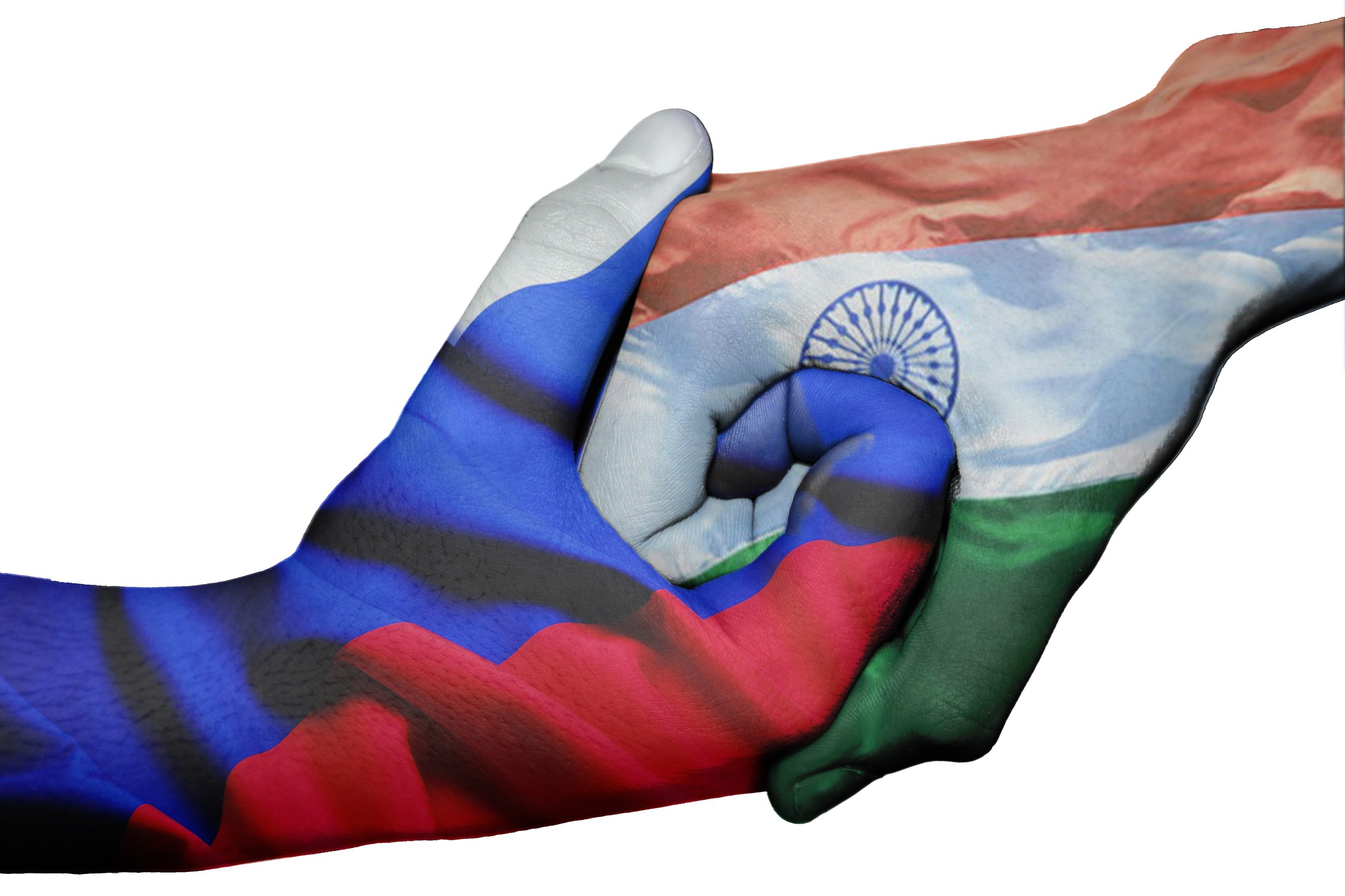
Modi’s Diplomatic Dance: Key Takeaways from Visits to Russia and Austria

Prime Minister Narendra Modi’s recent diplomatic forays into Russia and Austria have underscored India’s strategic balancing act on the global stage, navigating alliances and partnerships amid evolving geopolitical dynamics. Modi embarked on crucial visits from July 8 to July 10, 2024, which yielded significant economic, strategic, and environmental cooperation outcomes, shaping India’s foreign policy narrative.
Russia Visit: Cementing Strategic Ties
Modi’s visit to Russia amid the ongoing Ukraine conflict highlighted India’s enduring partnership with Moscow, characterised by defence cooperation and energy diplomacy. The centrepiece of the visit was Modi being conferred with Russia’s highest honour, “The Order of St. Andrew the Apostle,” a symbolic gesture affirming the Special and Privileged Strategic Partnership between the two nations. This accolade, the first for an Indian leader, underscores the depth of bilateral relations despite global geopolitical tensions.
Key Agreements and Strategic Objectives
Nine bilateral agreements were signed during the visit, focusing on enhancing economic ties, bolstering defence cooperation, and advancing joint technological ventures. Highlights include agreements on trade and investment in Russia’s Far East, cooperation in climate change and low-carbon development, and collaborations in geodesy and polar research. These initiatives aim to expand bilateral trade targets to $100 billion by 2030 and reinforce India’s role as a significant player in Russia’s economic diversification beyond traditional energy ties.
Austria Visit: Strengthening Economic and Environmental Partnerships
In Vienna, Modi’s discussions with Austrian leaders focused on enhancing bilateral economic cooperation and addressing global environmental challenges. The visit marked the 75th anniversary of diplomatic relations between India and Austria, underscoring historical ties and shared values of democracy and international peace.
Key Collaborative Initiatives
Discussions with Austrian President Alexander Van der Bellen and Chancellor Karl Nehammer focused on renewable energy collaboration, particularly in solar, hydro, and biofuels. Both leaders emphasised the potential for joint ventures in green technologies and digital infrastructure, aligning with India’s ambitious climate goals and Austria’s innovative prowess in environmental sustainability.
Strategic Economic Engagement
Modi’s address to Austrian business leaders highlighted India’s economic transformation and investment opportunities under the Make in India initiative. Emphasising India’s favourable business climate and policy reforms, Modi invited Austrian companies to explore partnerships in high-tech manufacturing and infrastructure development, setting the stage for enhanced bilateral economic engagements.
Geopolitical Implications: Response to Western Concerns
During Modi’s visit to Russia, geopolitical concerns were underscored by US State Department spokesman Matthew Miller, who highlighted Washington’s unease regarding India’s relationship with Russia amidst the Ukraine conflict. The US, hosting a key NATO summit, emphasised its support for Ukraine by providing new air defence systems and Patriot batteries. Modi’s visit coinciding with this summit and amid Western pressure exemplifies India’s strategic balancing act. While India advocates for dialogue and diplomacy, its purchase of discounted Russian oil and strategic defence engagements highlight its commitment to maintaining robust ties with both the West and Russia.
Modi’s stance in Moscow, receiving accolades from Putin amid criticism from Ukrainian President Zelenskyy, underscores India’s approach to prioritising bilateral interests over geopolitical alignments. Despite Western expectations, Modi reiterated India’s stance on respecting international law and sovereignty, highlighting its strategic autonomy and historical ties with Russia.
Meanwhile, Modi’s visit to Austria signifies India’s strategic pivot towards enhancing economic cooperation and addressing European environmental challenges. Focused on renewable energy and digital innovation, this visit aligns with India’s climate leadership goals and strengthens its economic diversification efforts under initiatives like Make in India. By fostering robust partnerships, India aims to bolster its role as a pivotal player in global affairs, maintaining strategic autonomy while navigating multifaceted geopolitical landscapes.
Conclusion: India’s Strategic Maneuvering
Prime Minister Narendra Modi’s visits to Russia and Austria reflect India’s calibrated approach to international relations, balancing traditional partnerships with Russia and expanding European economic horizons. These diplomatic engagements underscore India’s role as a pivotal player in global affairs, navigating complex geopolitical landscapes with strategic autonomy and foresight.
As India navigates the challenges of a multipolar world, Modi’s diplomatic efforts in Russia and Austria signify a proactive stance in shaping global discourse on security, sustainability, and economic resilience. The outcomes of these visits strengthen bilateral ties and reinforce India’s commitment to advancing global peace and prosperity through collaborative partnerships and strategic initiatives.
Disclaimer
The opinions expressed in this article are the author’s own and do not reflect the views of Chanakya Forum. All information provided in this article including timeliness, completeness, accuracy, suitability or validity of information referenced therein, is the sole responsibility of the author. www.chanakyaforum.com does not assume any responsibility for the same.
Chanakya Forum is now on . Click here to join our channel (@ChanakyaForum) and stay updated with the latest headlines and articles.
Important
We work round the clock to bring you the finest articles and updates from around the world. There is a team that works tirelessly to ensure that you have a seamless reading experience. But all this costs money. Please support us so that we keep doing what we do best. Happy Reading
Support Us





















POST COMMENTS (0)